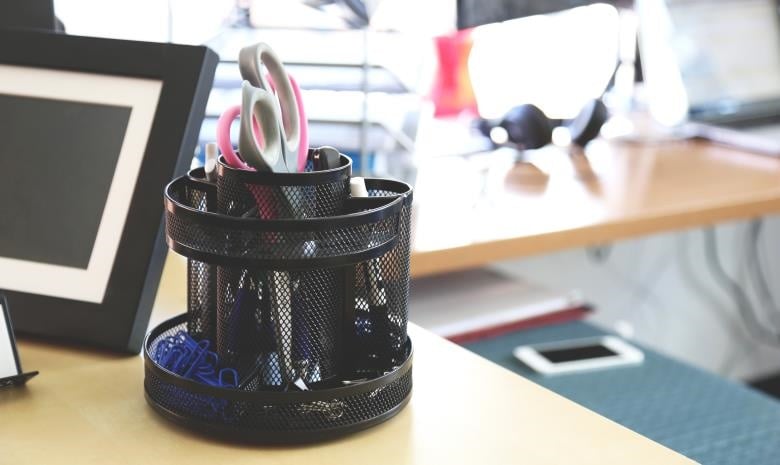
You have gone to the interview and you are sure you aced it. But your optimism for the new role turns to disappointment when you receive the rejection letter. What now?
You’ve successfully completed the interview process and seem to be the perfect candidate for the position. But your optimism for the new role turns to disappointment when you receive the rejection letter.
Should you call the hiring manager and ask why you didn’t get the position?
Of course! By law you have the right to find out why you didn’t make the cut. But wait! Before you pick up the phone, read to the end...
Career expert, Heather Huhman has some advice for you:
“Self-investigation is always the best place to start,” she says. You cannot always assume that you were not at fault, or that you have indeed done everything by the book.
Ask yourself:
1. Did I meet all of the required/desired qualifications for the position?
2. Am I lacking in anything that is needed to perform the position well (e.g. experience, knowledge, skills)?
How to approach them…
Write a follow up email asking the hiring manager to let you know why you didn’t get the job. Ask them what you can do better in your next interview, and also what you did right in your interview with them.
One thing to keep in mind though is that the interviewer is not obliged to answer the questions truthfully and also doesn’t even have to give you any feedback at all. In fact, legally the interviewer should only give a general explanation for the rejection, and not a precise reason.
Huhman notes a few pertinent points that apply in South Africa:
1. The interviewer can sincerely thank the individual for his or her effort to apply for the job and complete all the processes.
2. The interviewer can wish the individual well in his or her continued job search.
3. The interviewer will avoid criticism at all cost, to avoid accusations of discrimination.
4. The interviewer may indicate that there were other applicants with more suitable skills or that the organisation has selected to continue its search for applicants who will more closely meet their needs.
As you continue your job search, consider the feedback received and apply it in your next interview. Read up for more interview advice here. Good luck!
Related articles:
4 red flags your interview isn't going well - and how to save it
8 things you should never say before you're hired
WATCH: Reasons why you keep falling short in job interviews